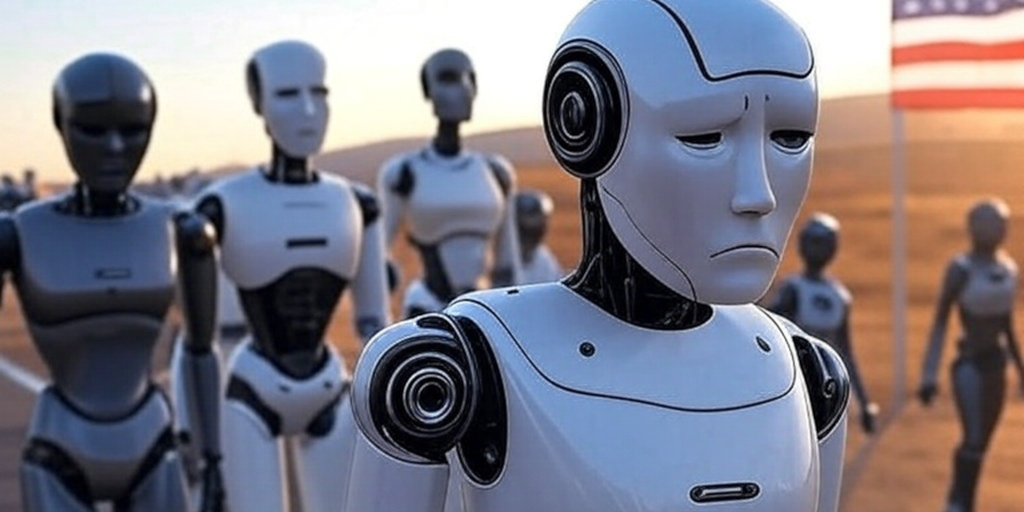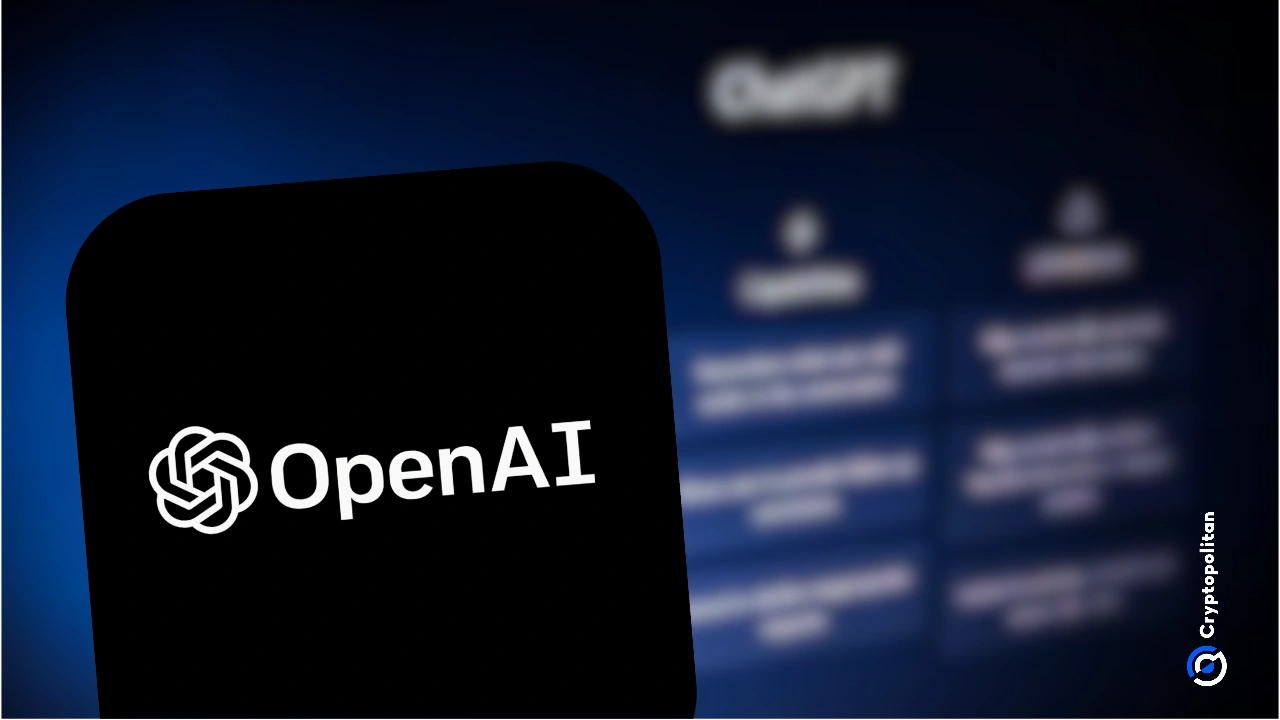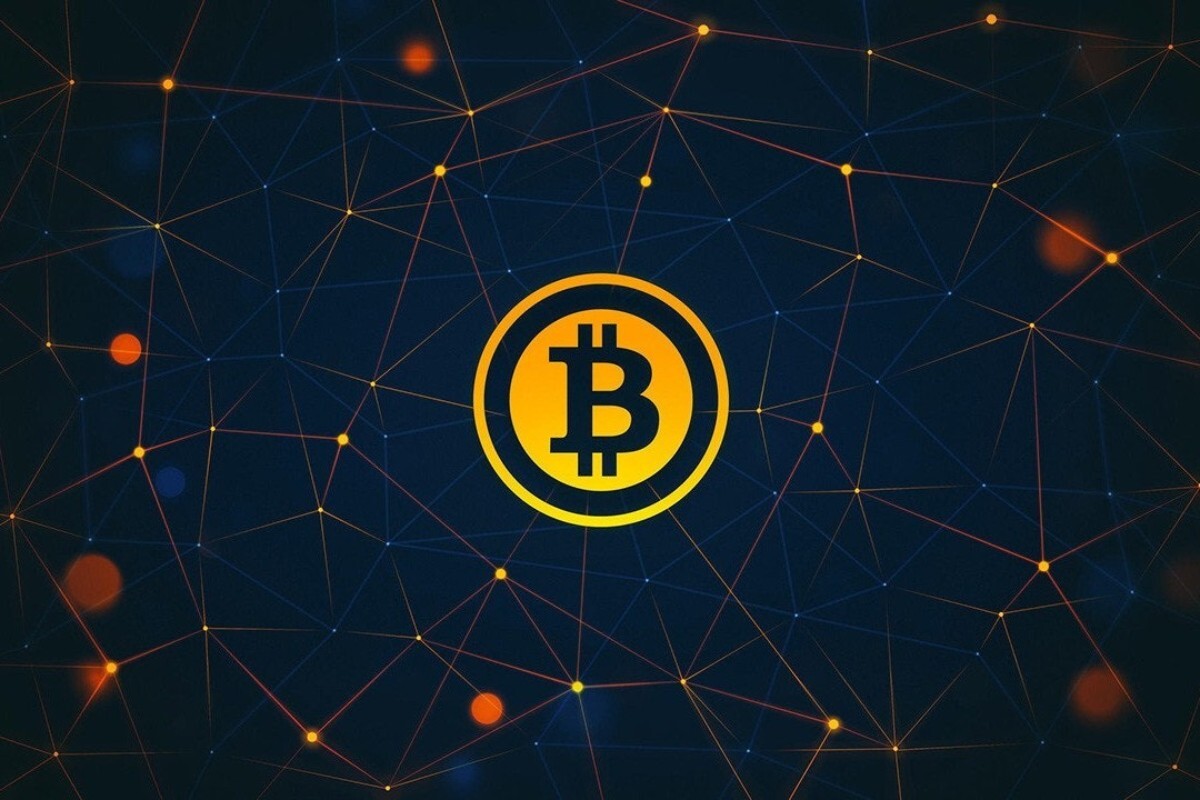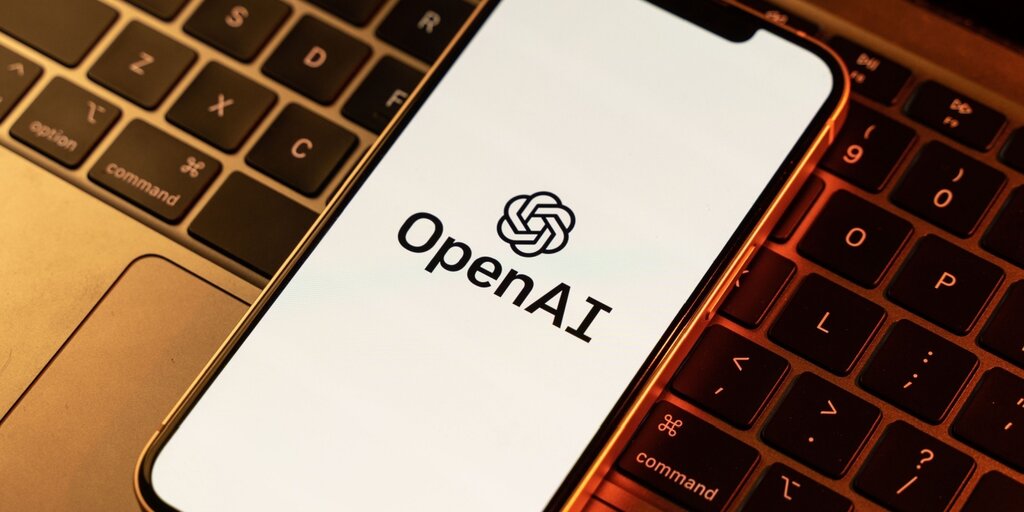An OpenAI researcher who helped develop GPT-4.5 had her green card application rejected last week, forcing her to leave the United States after living and working in the country for 12 years.
Kai Chen—a Canadian citizen—announced on social media that she'll be relocating to Vancouver for "an indeterminate amount of time" following the denial.
Chen's colleague at OpenAI, research scientist Noam Brown, expressed dismay at the decision. "It's deeply concerning that one of the best AI researchers I've worked with, @kaicathyc, was denied a U.S. green card today," Brown wrote on X. "A Canadian who's lived and contributed here for 12 years now has to leave. We’re risking America’s AI leadership when we turn away talent like this."
Chen's situation is just part of a growing challenge for the American tech sector under Trump's tightened immigration policies, which began after his January 2025 inauguration. The denial comes amid increased scrutiny of both visa holders and green card applicants, with more than a thousand international students facing visa challenges in recent months.
The situation has resulted in over a hundred lawsuits, and on Friday, the Trump Administration hit the pause button on its efforts to revoke Student and Exchange Visitor Program records until a clear policy is designed.
The government also suspended processing of green card requests for immigrants granted refugee or asylum status, and introduced new H-1B visa requirements, including providing home addresses and biometrics, according to reports.
The visa crackdown has had a chilling effect on the scientific community. A Nature poll found that 75% of respondents—more than 1,600 scientists in total—are now considering leaving the U.S. for positions abroad, primarily to Europe and Canada.
"The massive changes in U.S. research brought about by the new administration of President Donald Trump are causing many scientists in the country to rethink their lives and careers," Nature reported.
This talent exodus could hit the AI sector particularly hard. Statistics show that 66% of the 50 most promising U.S.-based AI startups had at least one immigrant founder, and nearly 70% of full-time AI-related graduate students in America are international, based on a 2023 analysis published by the National Foundation for American Policy.
OpenAI's CEO, Sam Altman, has previously advocated for easier high-skill immigration pathways. However, he has not said anything publicly regarding Chen’s situation.
Despite these efforts, researchers like Chen are finding themselves caught in the administration's immigration dragnet. Another OpenAI colleague, Dylan Hunn, described Chen as "crucial" to the development of GPT-4.5, saying it was "nuts" to kick her out of the country.
The Immigration and Nationality Act gives the Secretary of State broad authority to revoke visas if a foreign national's presence or activities could have "potentially serious adverse foreign policy consequences" for the U.S. This provision has reportedly been used to target hundreds of visa holders in recent months, as there is no clear barrier on what constitutes an adverse consequence.
Neither Kai nor OpenAI shared any statements with Decrypt by the time this article was published.
















No comments yet